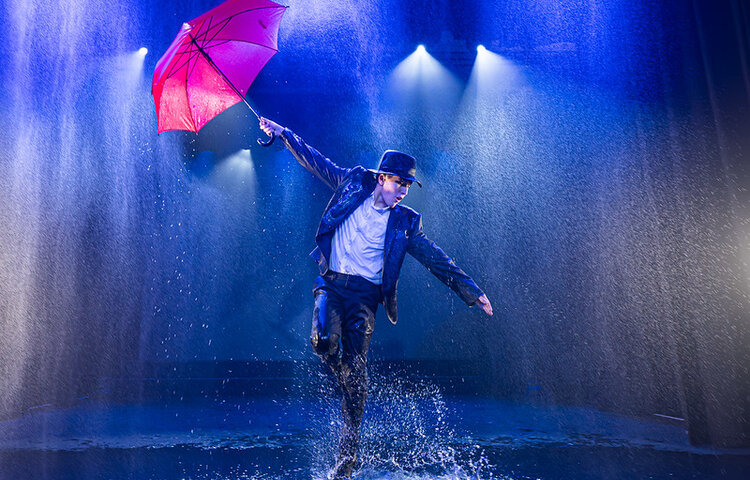History
History Subject Staff
|
Mr McGrath |
- |
Director of Humanities Faculty |
|
Mr Bryant |
- |
Teacher of History |
|
Mrs Deary |
- |
Teacher of History |
|
Ms Draper |
- |
Teacher of Humanities |
|
Mrs Wenham |
- |
Teacher of History |
|
Mr Hurst |
- |
Teacher of Humanities |
“Help to understand the world as it is by studying the world as it was”
Statement of Intent
History at Ormskirk is an academic subject rich in powerful knowledge. Our belief is that the History curriculum is a journey. The Latin verb for curriculum ‘currere’ means to proceed and this sense of movement through a rich historical narrative is what we want for our pupils. History should enthuse, excite, challenge and stretch our young minds at Ormskirk. We will endeavour to provide all our students with a coherent knowledge and deep understanding of Britain’s past and that of the wider world within a sequenced chronological framework. At Ormskirk, we are proud of our new curriculum and we believe it will be both ambitious, diverse and accessible to all our pupils and lead them to understanding the world as it is by studying the world as it was.
In Year 7, our voyage of exploration begins with a study of the world around 1000. Pupils will cast their gaze to Constantinople and learn about the world that Empress Zoe inhabited. The story then shifts to France and the village of Conques, here pupils will see what light this village sheds on the western Christian worlds. Closer to home, the story of Britain up to 1066 will further enhance understanding. Pupils will then study the story of a conquered England and the impact that the Normans made on life in Britain. The major events of medieval England will be covered such as the Magna Carta and the Peasants revolt. Pupils will then shift to Africa and studying the rise of Mali and Mansa Musa. The rest of Year 7 will focus on the excitement and wonder of the Tudor and Stuart period.
In Year 8 pupils will begin with detailed study of the British Empire. This study will take in all view points from both the rulers and the ruled, the oppressors and the oppressed. This is not an insular view of the Empire. India and Ireland will be delved into shining a light on often forgotten stories. The explosion of the Industrial revolution, the causes and the impact will then give our pupils a real flavour of an epic period of change in Britain, that turned Britain into a global superpower. Year 8 finishes will the Great War and the lived experiences of those who fought and died for their country.
Year 9 brings our journey to the key moments and themes in modern history. From the rise of the totalitarian states in Europe to the Holocaust that was created as a result. The Second World War and the stories of those who fought and its local and national impact and then the resulting Cold War that was created from the ashes. Our KS3 journey ends with a study of a fight for equality across the Atlantic and then a fight for equality much closer to home after the Windrush generation settled in England. We begin with our breadth study of Crime and Punishment focusing on continuity and change across the thousand-year study. The course then moves on Early Elizabethan England and the wonderful stories that this period provides as our newly crowned female monarch attempts to consolidate her power on a deeply divided and fragmented nation.
Year 11 begins with the rise of a new Germany from the horror of the Great War and its brave but futile attempt to fight off the onward rise of fascism. The course ends with the conflict between capitalism and communism as superpower relations deteriorate and the Cold War is played out on the global map. Our A-Level provision builds on some of key stories of KS3 and 4. The British Empire and its expansion and contraction, the Cold War and the global impact it made and still makes, are explored in detail across a knowledge rich A-level narrative. Our pupils are also encourage to seek out and organise their own study with a focus on the rise of Industrial Liverpool.
Think and write like historians
Over their periods of study at Ormskirk we aim to teach many of narratives through rich stories but incorporated into our curriculum are the substantive concepts that are crucial to a historian. These will be constantly built on as our narrative develops and concepts such as revolution, parliament, government, church will be constantly re-visited. Disciplinary concepts which make meaning of the past will be covered in both class work and assessment.
Our success
We want pupils to love our subject like we do. History is the most popular option at Ormskirk and has been for the last 3 years. Indeed, year on year the subject has seen pupils opt for the course in huge numbers.
History outside the classroom
Our aim is always to take History beyond the classroom. In the last 12 months our pupils have had the opportunity to visit museums in Liverpool, Auschwitz, London and the Battlefields in France and Belgium. They have the chance to listen to Holocaust survivor.

